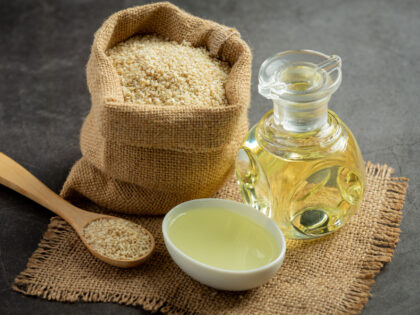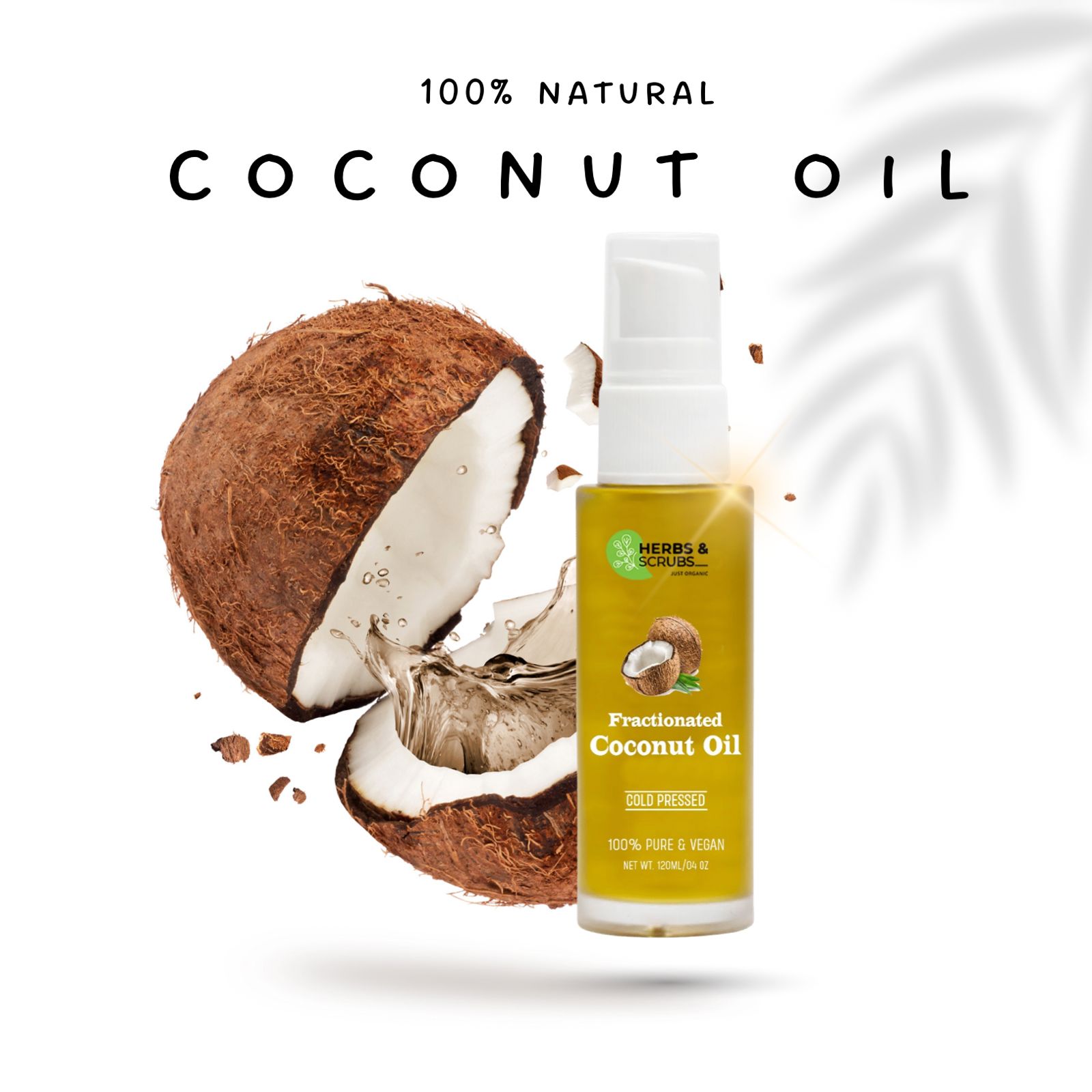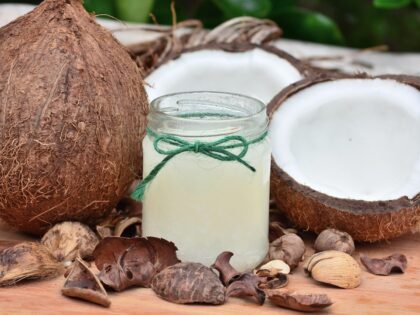The Science Behind Jojoba Oil: Why It’s Nature’s Liquid Gold

Introduction
Jojoba oil has been called “nature’s liquid gold” for good reason. Extracted from the seeds of the jojoba plant (Simmondsia chinensis), which grows in desert regions of North America, this oil is more than just a natural moisturizer. Its unique structure, skin compatibility, and rich nutrient profile make it a star ingredient in skincare, haircare, and even medical applications. Let’s dive into the science that makes jojoba oil so special.
A Wax, Not Just an Oil
Unlike most plant oils, jojoba oil is actually a liquid wax ester. This is important because its structure is remarkably similar to the sebum our skin naturally produces. Sebum is the oily substance that keeps skin soft, hydrated, and protected. Because of this similarity, jojoba oil blends seamlessly with our skin’s natural balance, making it less likely to clog pores or cause irritation.
Rich in Vitamins and Antioxidants
Jojoba oil is packed with essential vitamins and antioxidants that protect and repair the skin.
- Vitamin E acts as a powerful antioxidant, fighting damage caused by free radicals.
- Vitamin B complex supports skin healing and reduces signs of stress on the skin.
- Zinc and Copper in jojoba oil play roles in collagen production and skin renewal.
These nutrients explain why jojoba oil is often used in products designed to soothe, heal, and protect.
Non-Comedogenic and Balancing
One of the biggest benefits of jojoba oil is that it doesn’t clog pores. This makes it suitable for oily and acne-prone skin. Instead of making skin greasy, jojoba oil helps regulate sebum production. When applied to the skin, it sends a signal to the oil glands that enough oil is present, reducing excess production. This balancing effect is why dermatologists recommend it for both dry and oily skin types.
Natural Anti-Inflammatory Properties
Jojoba oil contains compounds like myristic acid that have anti-inflammatory effects. These help calm irritated skin, reduce redness, and even ease conditions like eczema, psoriasis, and rosacea. It also has antibacterial properties, which support clearer, healthier skin by protecting against harmful microbes.
Deep Hydration for Hair and Scalp
Jojoba oil is just as beneficial for hair as it is for skin. Its lightweight texture penetrates deeply into hair shafts and follicles, delivering moisture without leaving a greasy residue. It helps:
- Reduce dandruff by moisturizing a dry scalp.
- Repair damaged hair by strengthening strands.
- Add natural shine and smoothness.
Because it mimics natural scalp oils, it’s excellent for maintaining overall scalp health.
Long Shelf Life and Stability
Another scientific advantage of jojoba oil is its stability. Unlike many natural oils that go rancid quickly, jojoba oil resists oxidation. This is because it is a wax ester rather than a triglyceride oil. Its long shelf life makes it a preferred choice in cosmetic formulations and home remedies alike.
Beyond Beauty: Medical Uses
Research has shown that jojoba oil has potential in wound healing and infection control. Its ability to speed up wound closure, support collagen synthesis, and prevent microbial growth makes it valuable beyond beauty routines. Scientists are still studying its role in dermatology and even drug delivery systems.
Conclusion
Jojoba oil truly lives up to the title of “nature’s liquid gold.” From its skin-identical structure and vitamin-rich profile to its balancing, anti-inflammatory, and healing properties, it stands out as one of the most versatile natural oils available. Whether used for glowing skin, healthy hair, or medical purposes, jojoba oil is a natural powerhouse backed by science.





